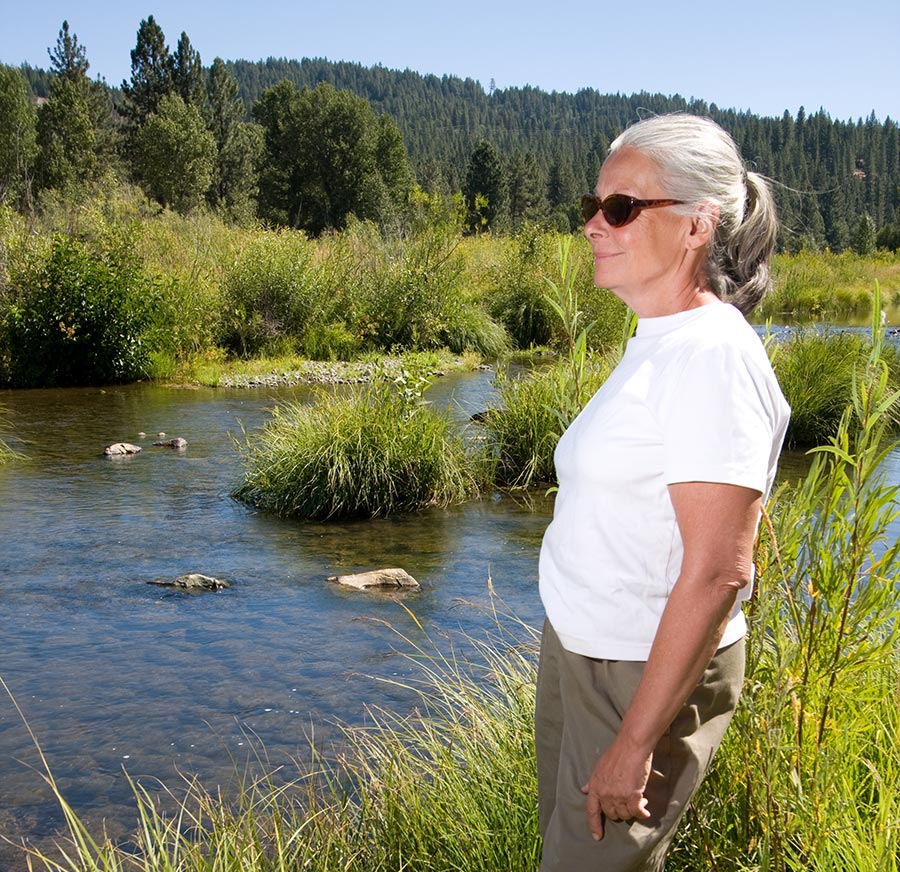
By the time I was 15, my mother’s alcohol problem had become severe. My parents’ marriage ended. Divorced, no career skills, she was only able to find a low-paying job. She kept sliding downward financially. My dad wasn’t great about child support. Evictions, loss of a car, and domestic violence in her new relationship (and with my father) all contributed to her drinking. Let’s just say, all this was no picnic for the three of us children.
A few years later, mom’s alcoholism got so bad she was living in a skid row “single room” in Long Beach. Today, she would be homeless. She was very ill and frail, fell and broke her hip. That was her bottom. She went to rehab and sober living, (which she hated) AA (also hated, but did it for a year) and stayed sober the last 18 years of her life. I’m very proud of her and grateful she was able to remain sober and find some happiness.
The National Institute on Drug Abuse reports on the issues women face:
*Women have more hormonal issues related to drug or alcohol use (menstrual cycle, pregnancy, menopause, for example) & tend to be more sensitive to the effects of some drugs.
- Women use drugs for different reasons than men: to control weight, fight exhaustion, cope with pain or self-treat mental health problems
- Women who experience domestic violence are more susceptible to increased risk of substances
- More women are using marijuana or opioids during pregnancy which can affect birth weight of child or withdrawal issues upon delivery
- Women develop addiction problems more quickly than men because of the way the female body processes drugs or alcohol
- It’s more difficult for women to get treatment or help due to lack of child care in facilities & societal shaming
- Women who use substances are more prone to anxiety, panic attacks and depression
- Codependency is often an issue – women more often get their drugs from a partner. That can make it more difficult for women to seek help.
- Women experience more societal shaming than do men about substance issues
Next Steps:
Another way people get help is because of pressure from a spouse, parents or job.
Counseling needs to be a safe place and a no judgment zone. When someone comes to see me I assess their level of needed support, provide education about substance use and abuse, what levels of care may best serve them and make the appropriate referrals, if seeing me isn’t the right fit. An approach that works for many is counseling plus a 12 Step program. If this doesn’t meet the needs of my client then outpatient or in-patient may be the client’s choice.
Recovery is a process and it’s individual. Some clients come to a first session, quit drinking or using, work on their emotional/stress/anxiety/depression or family history challenges and remain in sobriety. For others, it’s back and forth until they find what works for them. The important thing is to start from where you are.
Photo Credit: 6230989 © Jivan Child | Dreamstime.com
